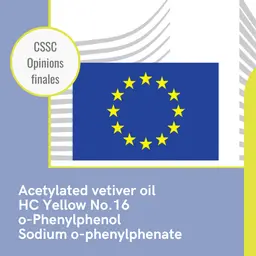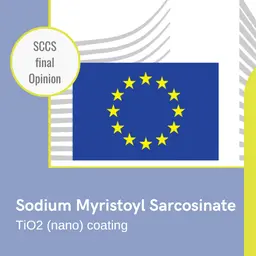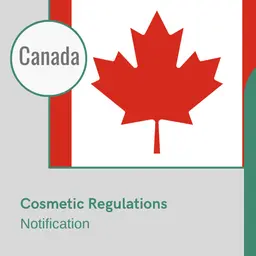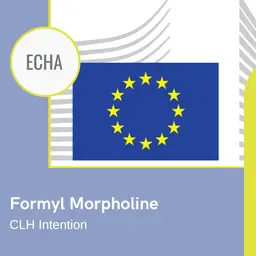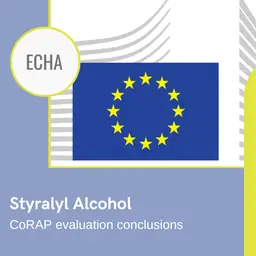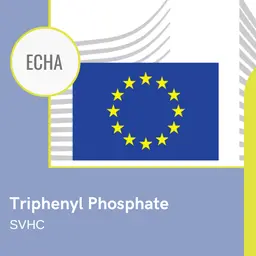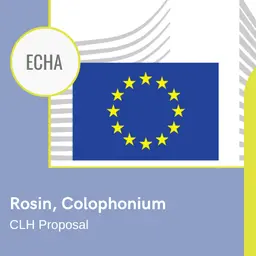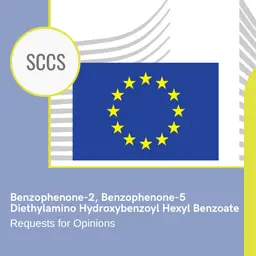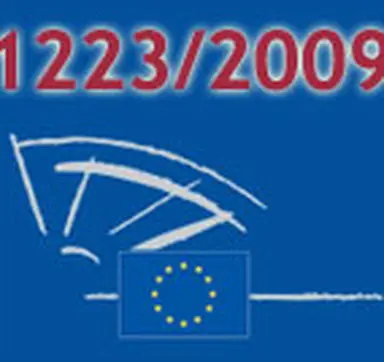
The "Regulation (EC) No 1223/2009 of the European Parliament and of the Council of 30 November 2009 on cosmetic products" is a recast of the Cosmetics Directive. Dating from 1976, not only it showed signs of age, it had gone through so many adjustments (more than 50) that it was like a legislative patchwork. In 2008, the European Commission took the lead to bring about some changes within its programme "Better Regulation".
The new European Regulation is the key document of the legislation dealing with cosmetic products. Since July 2013, it completely replaces the Cosmetics Directive in the entire European Union.
One text for the entire Union
In choosing a Regulation, Brussels harmonizes the application of its text. Indeed, a European Regulation is applicable as it is in each Member State (currently 27) and on the same date, whereas a Directive must be transposed as a national law: hence, different "translations" and lead times from Member State to another …
In summary, the idea behind is to:
• Simplify procedures
• Guarantee a high safety level to human health
• Establish a common market that favours the free movement of cosmetic products.
This document comprises 40 articles (preceded by71 recitals) and 10 Annexes.
Note: the Cosmetics Regulation does not cover environmental issues. They are dealt with in the European Registration, Evaluation, Authorisation and Restriction of Chemical substances (REACh) Regulation, implemented on 1 June 2007.
A step-by-step agenda
On 22 December 2009, the Official Journal of the European Union published the Regulation, which was applicable as per the 11 January 2010. It is fully mandatory since 11 July 2013, when …

